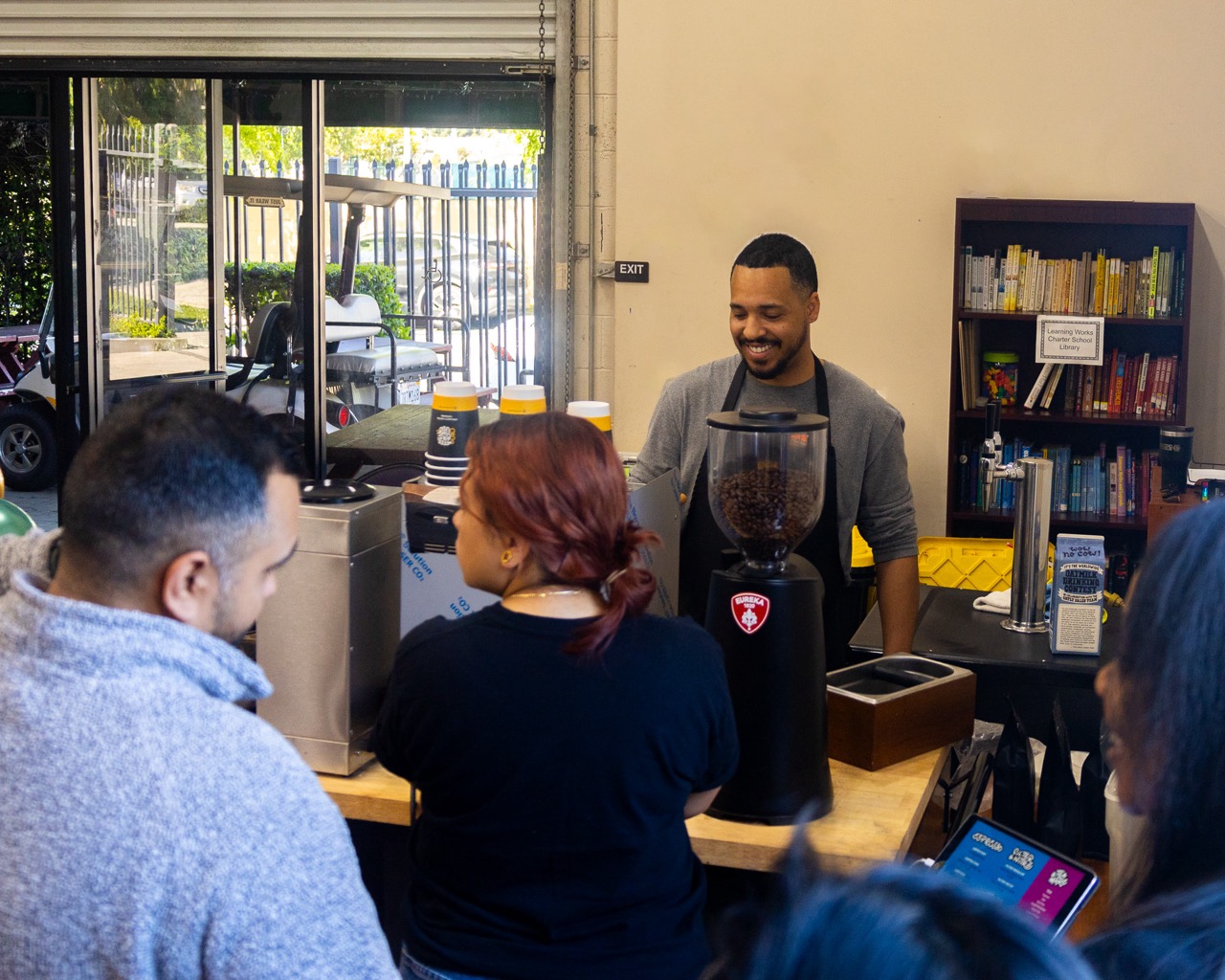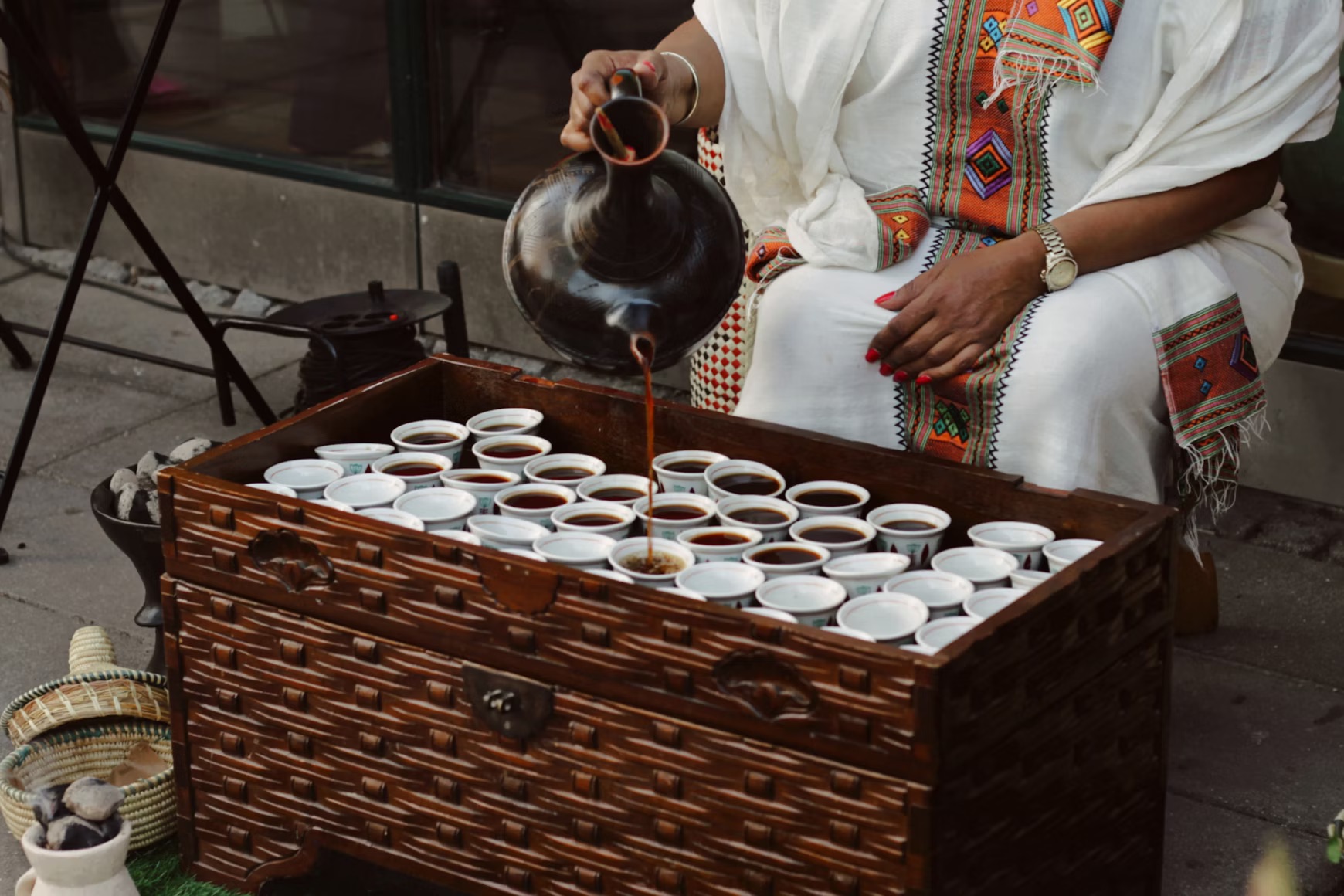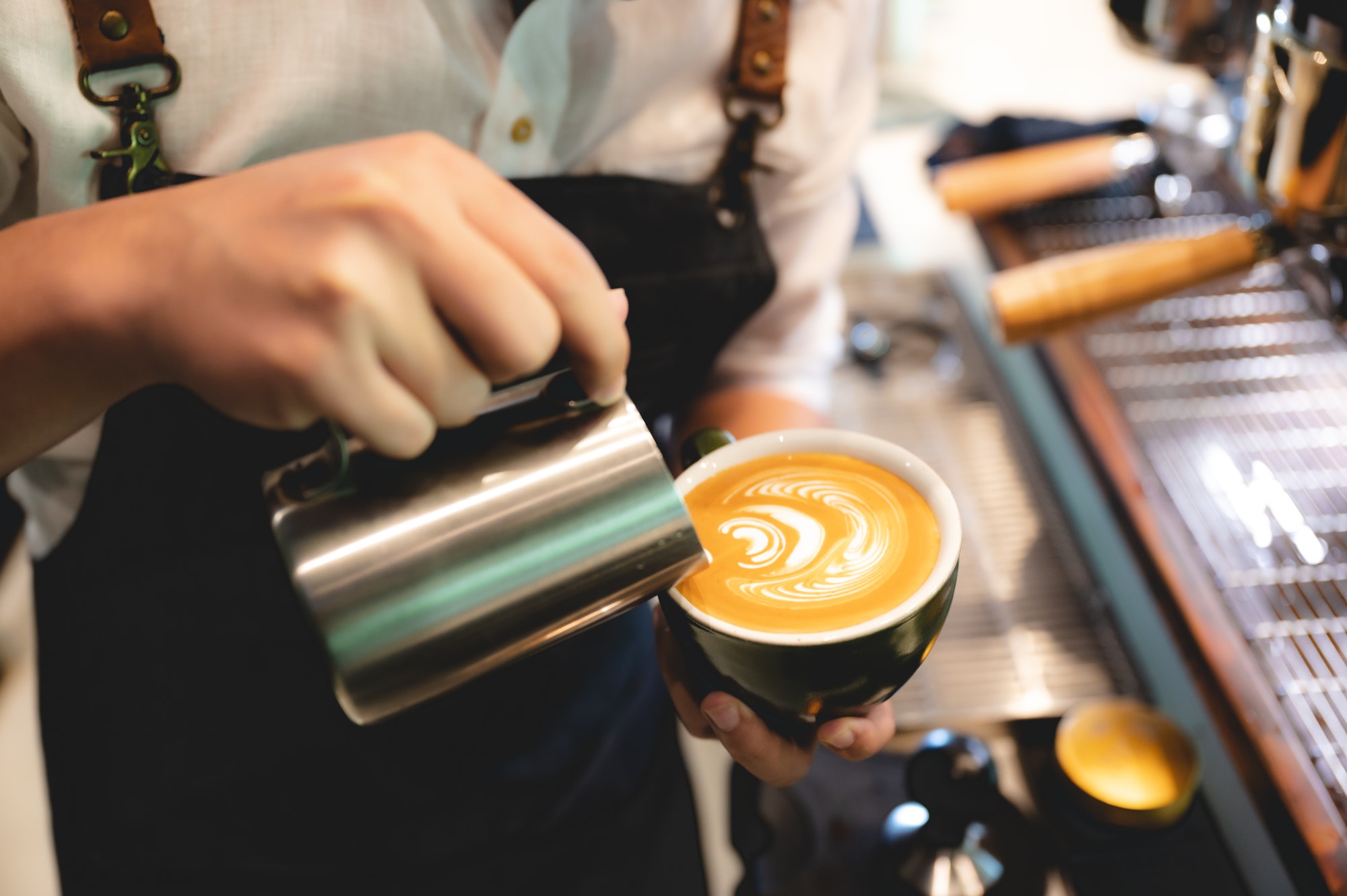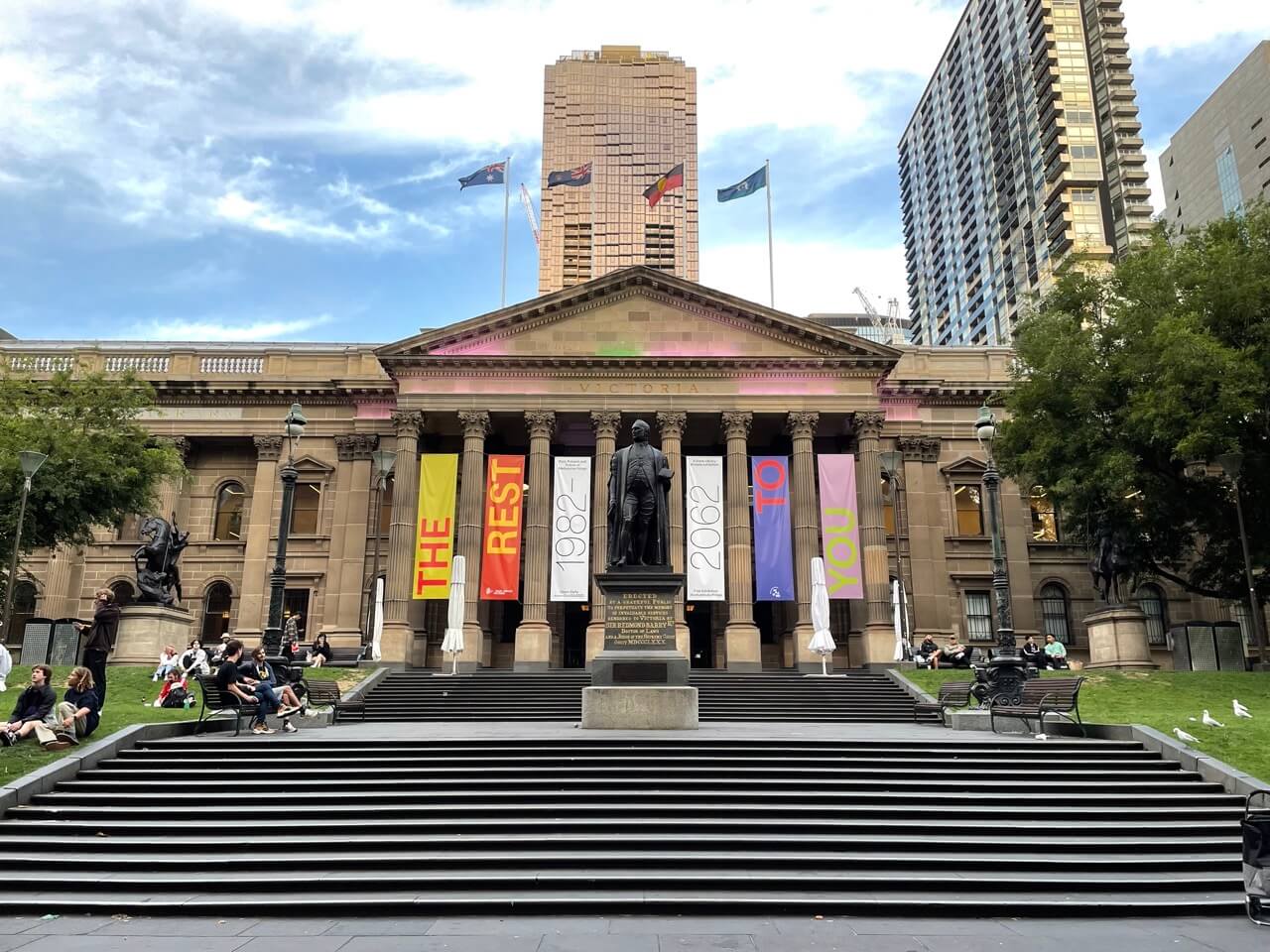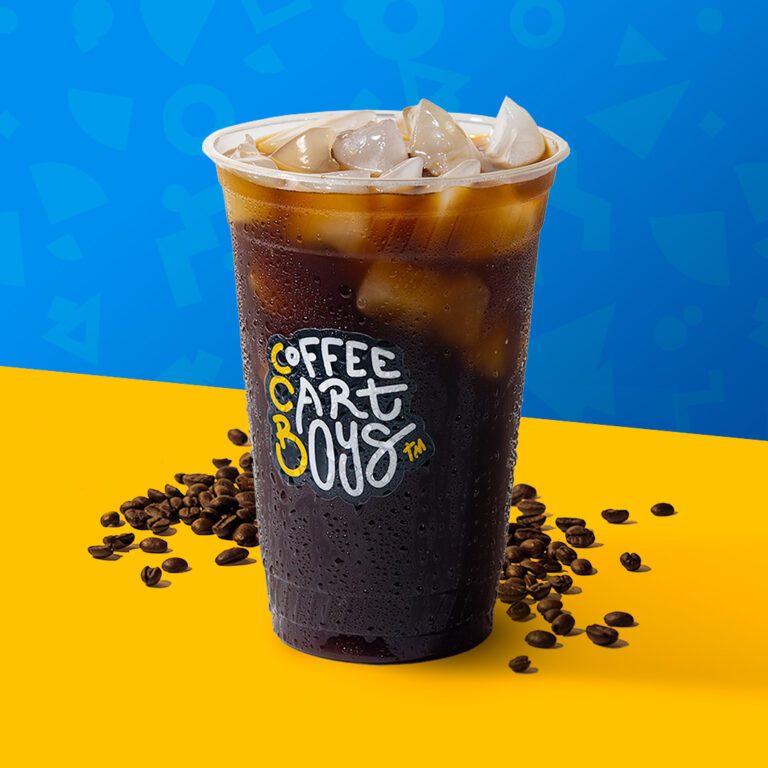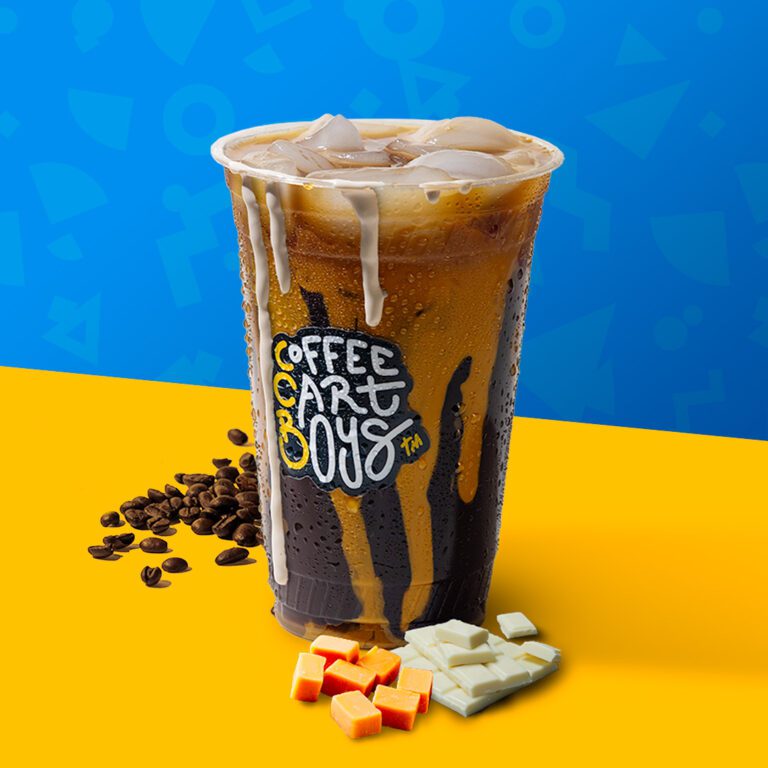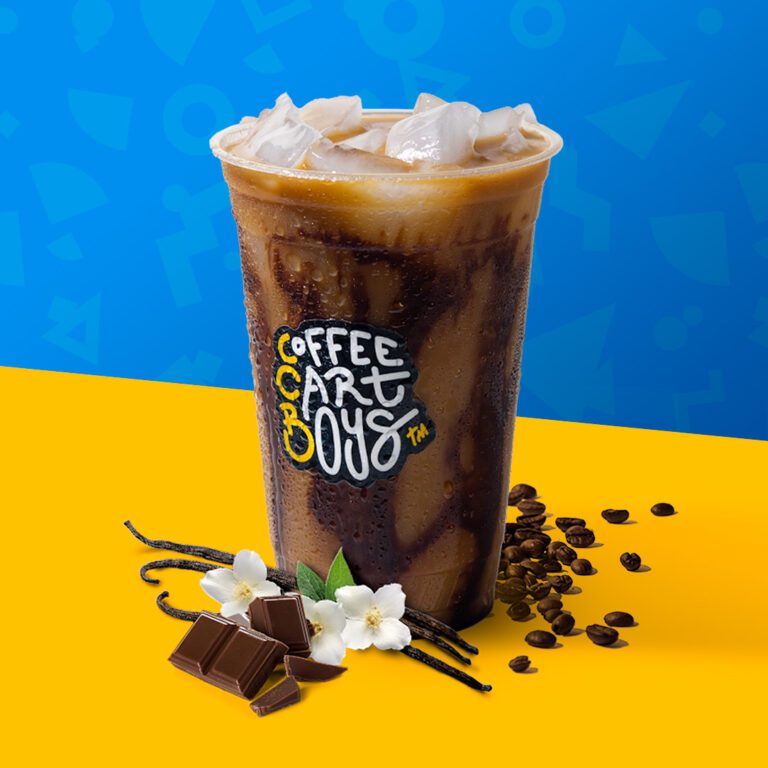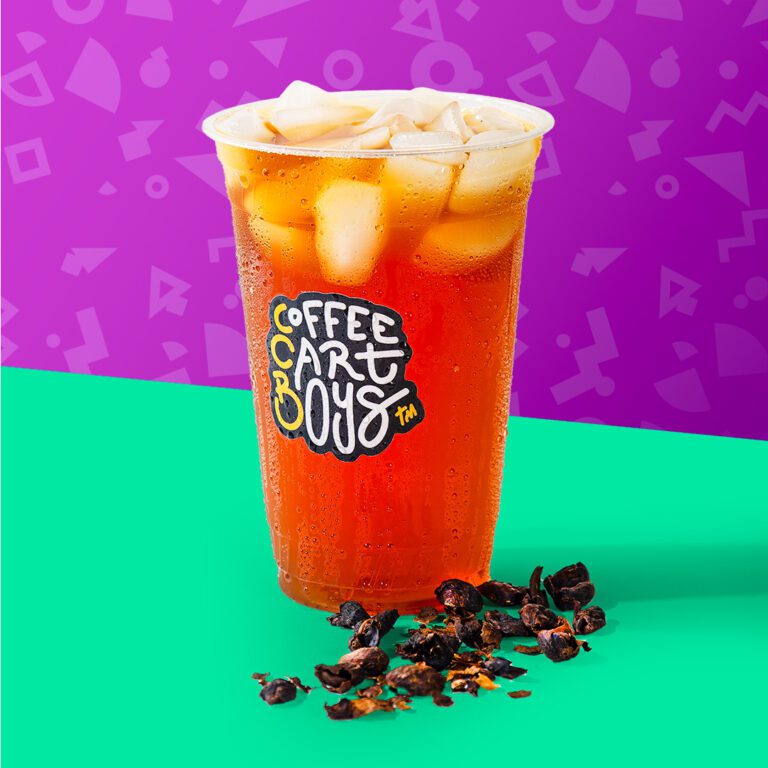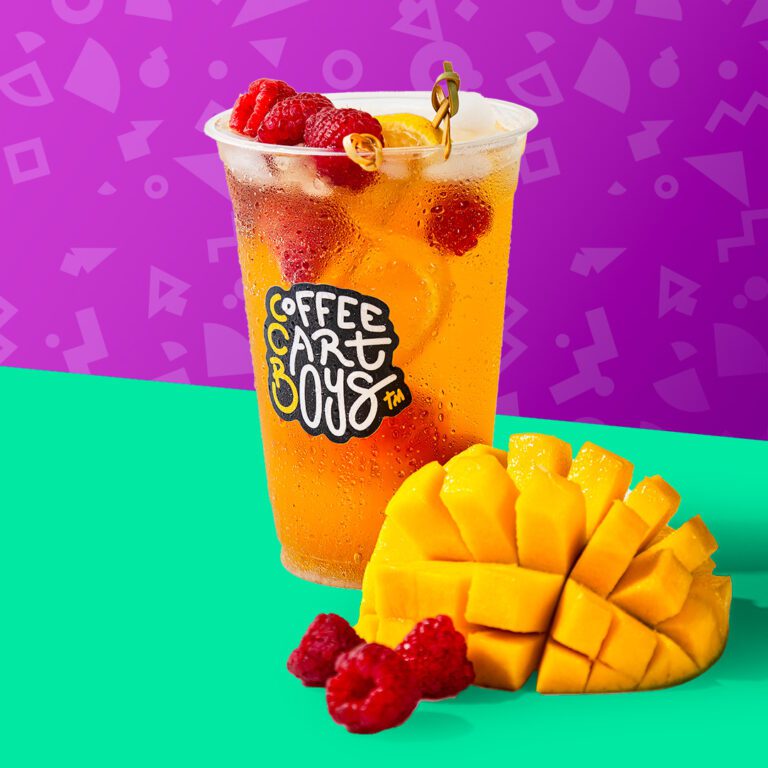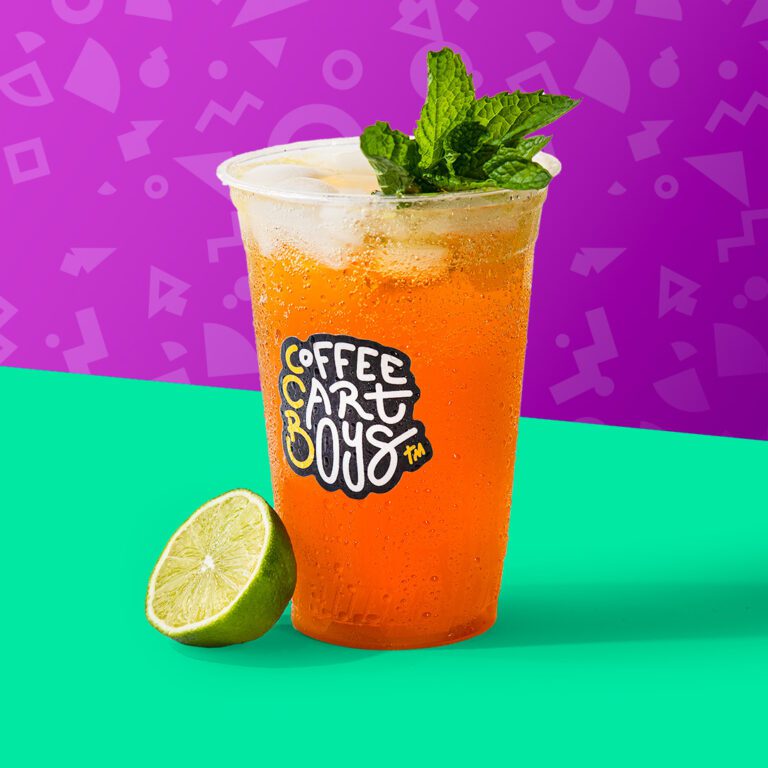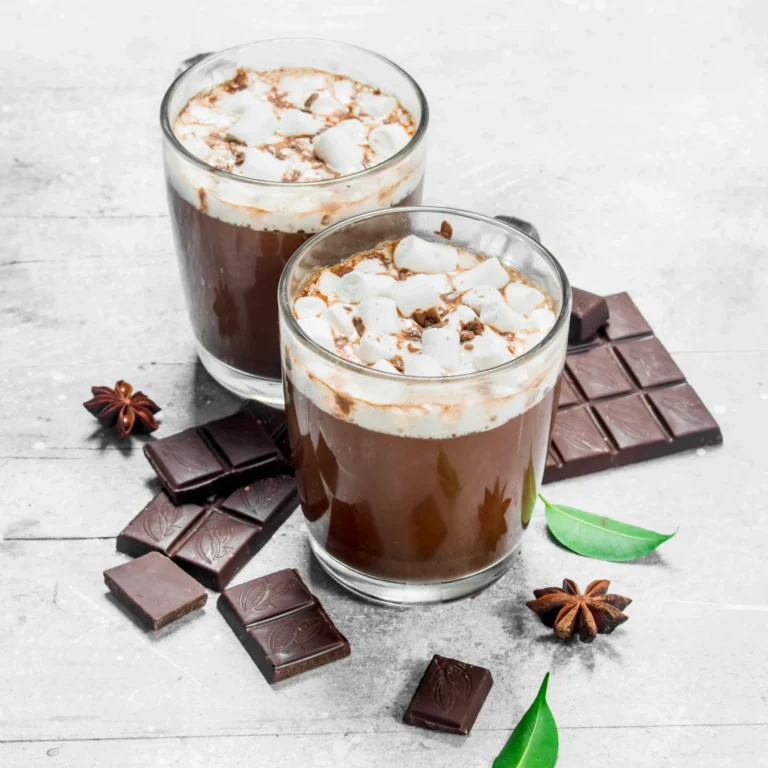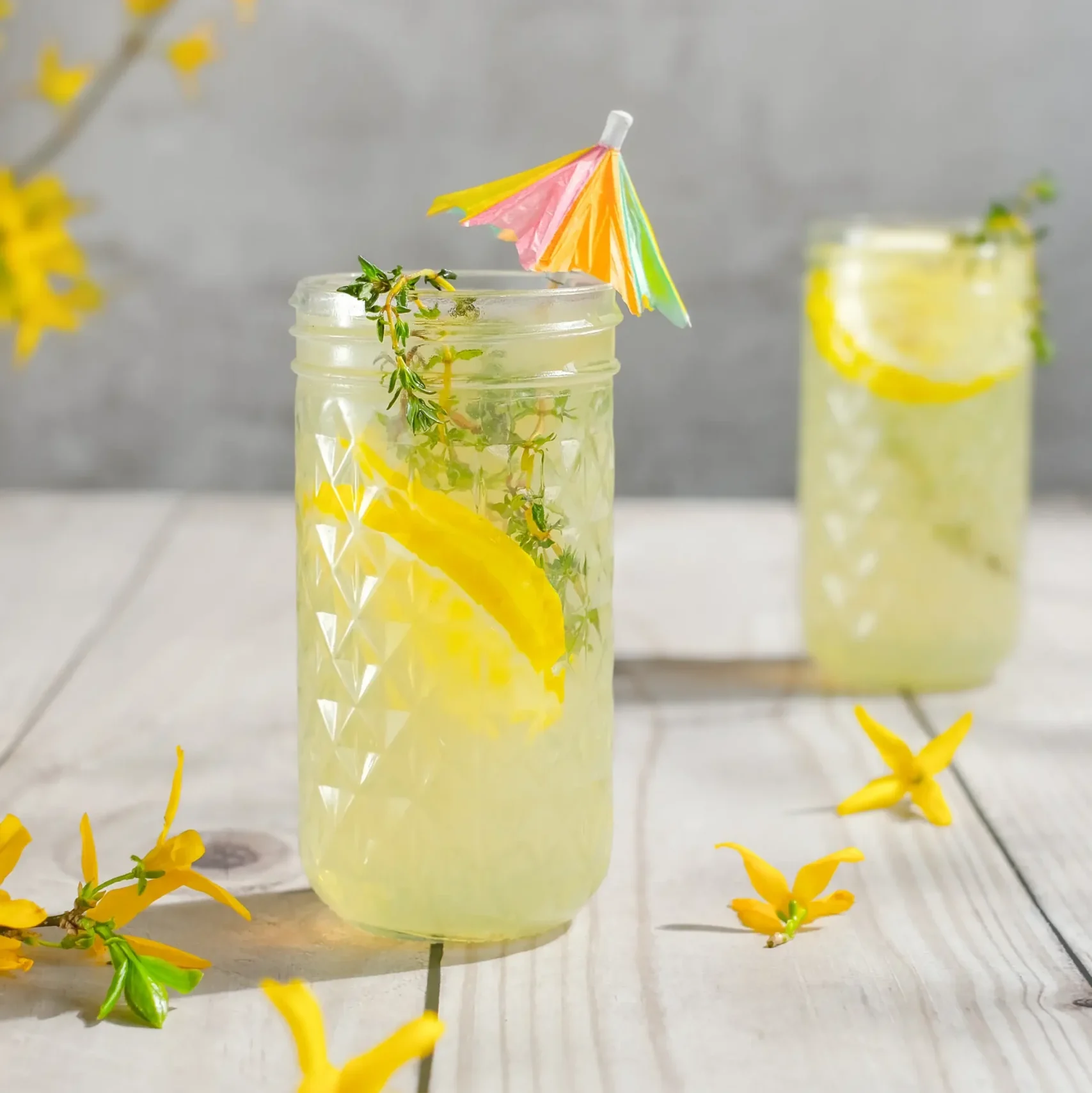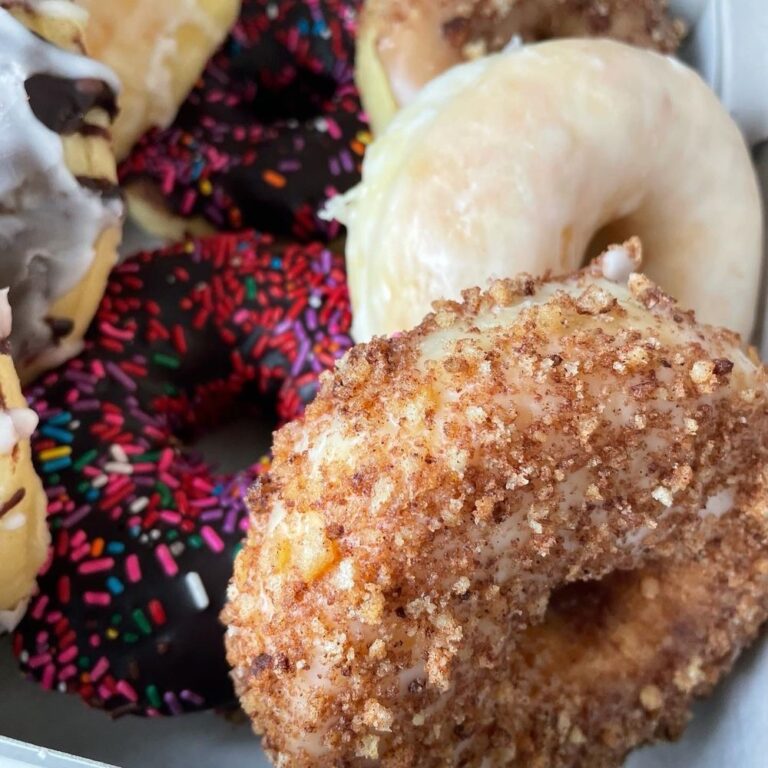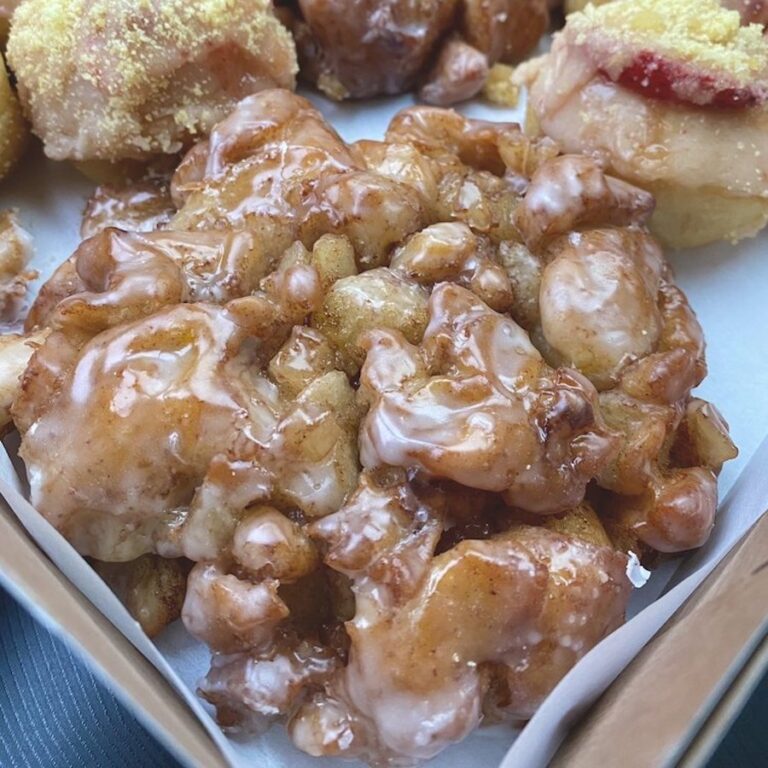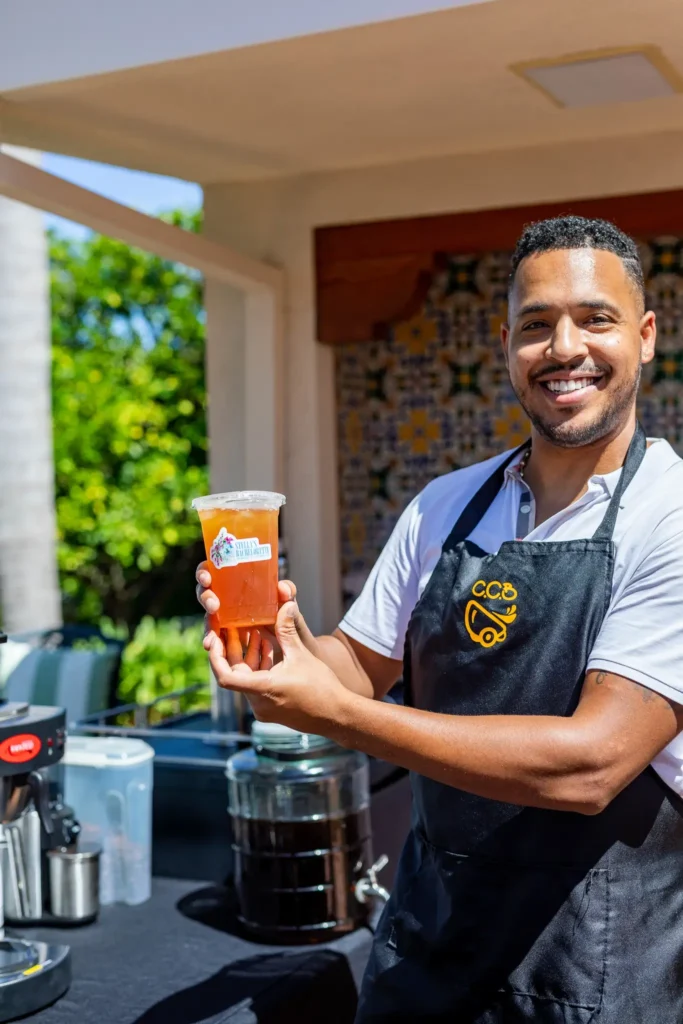It might sound like a no-brainer that specialty coffee is a much higher quality option than the cheap coffee flooding the commercial world. Sure, fast food places and gas stations are all convenient ways to get a fast cup of joe, but remember, quick and cheap do not always equate to better. In fact, in the world of coffee, it is actually the polar opposite. Because there are so many significant differences when it comes to specialty coffee, the Coffee Cart Boys team combed through and picked out the most significant ones so you can see just how unparalleled these two coffee categories actually are.
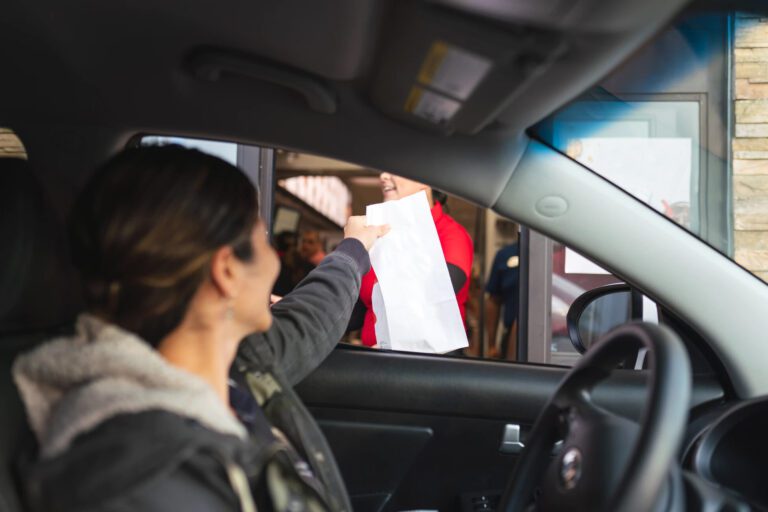
QUALITY
QUALITY is in all caps for a reason, and that is because quality is the biggest difference you will find between specialty coffee and cheap coffee. Commercial coffee is typically traded on international stock exchanges and roasted by national brands to be supplied in bulk. On a cupping scale, most of these cheap coffees score below 75 points. On the other hand, specialty coffee is usually grown in unique microclimates and have their own distinct flavor profiles. In the majority of cases, these coffees score between 80 to 100 points on the same cupping scale. To learn more about the cupping processes, you can read about the SCAA cupping protocol here.
Price Differences
Alright, cheap coffee is, well, less expensive than specialty coffee. This is because coffee for commercial use is processed in bulk in higher counts. But more importantly, these coffees are of lower quality, which drives the cost down as well. Specialty coffee does have a higher price tag, but that is because it was made to be luxurious and exhibit premium quality. It is the same reason why craft beer is more expensive than the stuff you can grab off the shelves. Development processes are different, the value angle is different, and that all reflects in the final cost. And for most coffee enthusiasts, spending some extra dollars is more than worth it.
Specialty Coffee Companies Are More Detailed and Precise
The thing about cheap coffee is that it is made in large plants by people who do not necessarily take the adequate time to scan for coffee bean defects or focus on elements that can drag quality down. Their main goal is to make as much coffee as fast as they can to make a profit. With specialty coffee, it entails a much more detailed process. From growing in prime areas, using the best soil types, and picking at the right time are all things they ensure are perfect to make perfect products. For example, Nicaraguan coffee is grown in a top-notch geography with ideal climates, setting the taste and quality up for success right from the start.
Ingredients and Health
You might already be aware that caffeine content in coffee can range significantly, and it all depends on how it is brewed and/or filtered out, like decaf coffee is (which does contain a small amount still for the record). What is even more intriguing is that fast food places themselves claim that their coffee only has one ingredient, coffee. So, in a nutshell, you would think that drinking cheap coffee black is not any different (aside from quality) than specialty brands. But there is a catch to this. For example, Starbucks may have a dark roast with 0 grams of sugar, but their famous iced caramel macchiato has 31 grams and a whole list of coinciding health-harming ingredients you would never use at home.
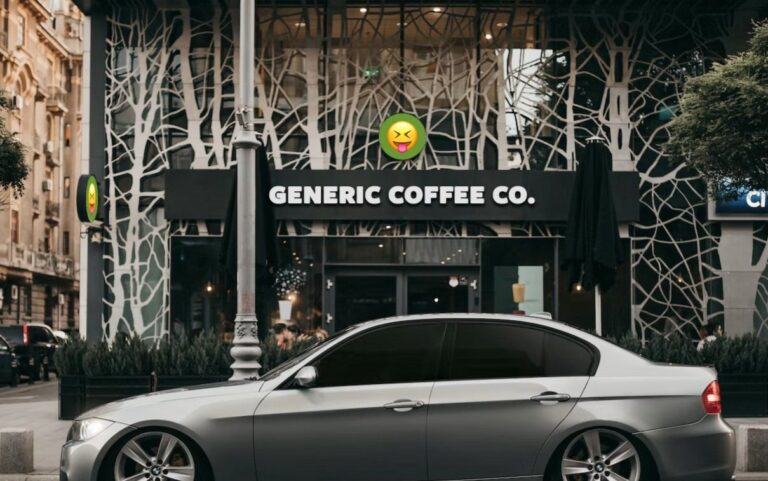
What about the processing side? With cheap coffee, there is a good chance you are drinking toxins from pesticides that could even be banned in the United States, such as Chlorpyrifos. This pesticide has been linked to human deaths, birth defects, nerve damage, cancer and is terrible for the environment. You could be putting your health at risk each morning in the drive-through, all because harvesters sprayed their coffee beans with pesticides in unsafe amounts. In addition, when it comes to decaf, be aware that the conventional way to draw out the caffeine is by soaking the beans in a chemical called ethyl acetate. This is the same chemical used in nail polish, glues, and methylene chloride.
By contrast, the coffee that Coffee Cart Boys provides is non-gmo, all-natural, vegan (no animal products used to grow the coffee) and is grown in rich virgin soil (hasn’t been used for any other crop). Basically, how any agriculture should be done: naturally and with passion.
Conclusion – All Coffee is Not Created Equal
According to the Specialty Coffee Association, over the last 18 years, more and more people are opting for specialty coffee over cheap coffee, going from 9% in 1999 to a whopping 41% in 2017 (and is still rising). Those numbers may look quite impressive, but after unearthing the differences between specialty vs. cheap coffee, it is not entirely surprising. People today crave more than just hot java that “gets the job done.”; they want quality-rich and tasteful coffee from places like Coffee Cart Boys so they can take in the full coffee drinking experience they deserve to have. Sure, it might be a bit more expensive up front, but that value is hands-down worth every cent.
All in all, the decision on which coffee you want to leverage is entirely up to you. It is your body, your taste buds, and your preferences. But never forget that not all coffee is created equal. And if you really want to have the best and freshest out there, then skip the drive-throughs and convenient stores because you will not find it there.


